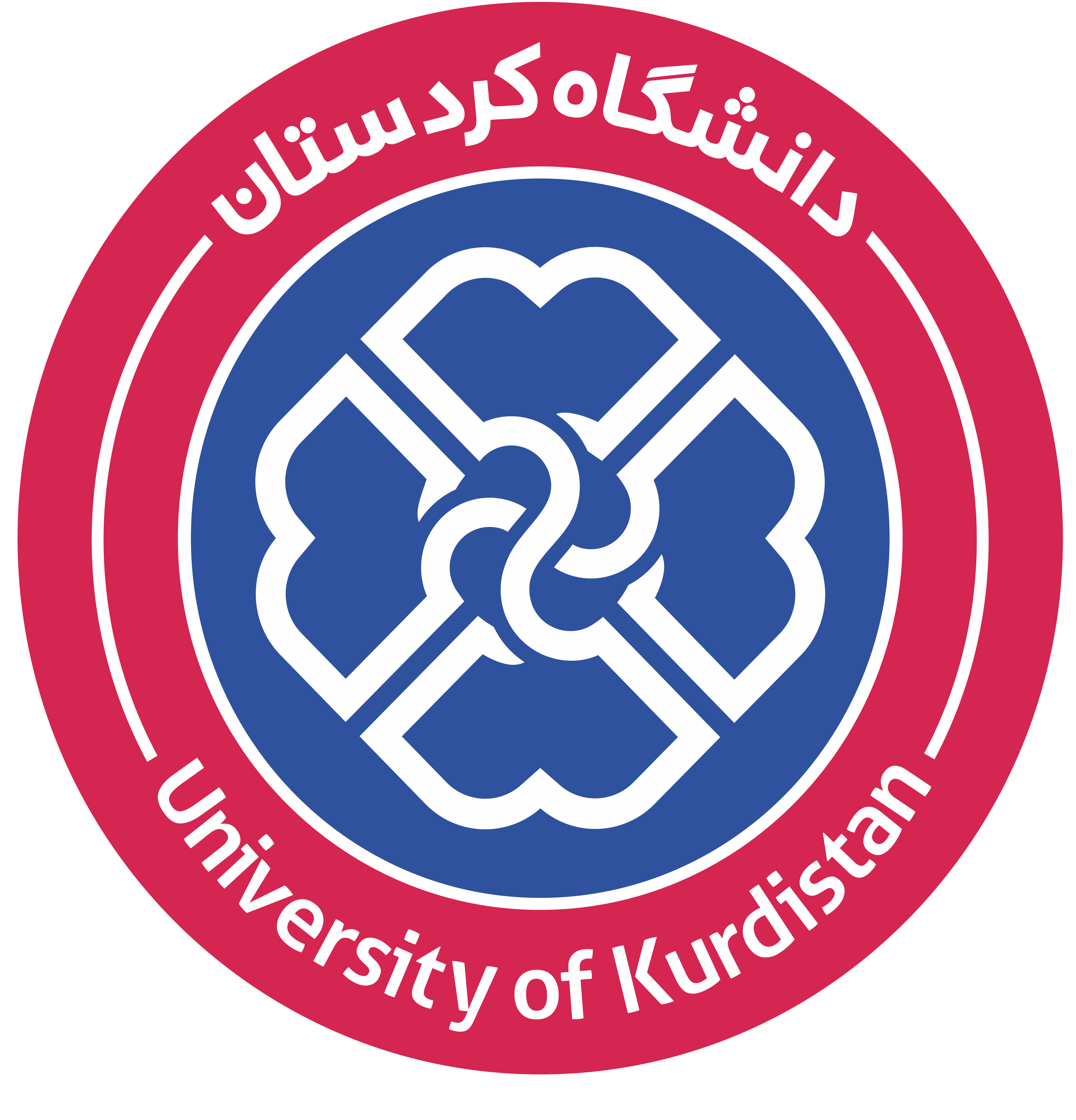
Career Opportunities in Soil Science
1. Public Sector
- Jihad-e-Agriculture Organization: Roles in soil science, fertilization, soil resource management, erosion control, irrigation, and drainage.
- Natural Resources and Watershed Management Administration: Implementation of soil conservation projects, reclamation of saline and alkaline lands, and erosion control plans.
- Department of Environment: Monitoring soil pollution, assessing environmental impacts, and evaluating the sustainability of soil and natural resources.
- Regional Water Authorities and Water and Wastewater Departments: Assessing water and soil quality, conducting soil studies for water projects, drainage, and filtration.
- Agricultural Research, Education and Extension Organization (AREEO) (Agricultural Research Centers): Conducting specialized research in soil science, plant nutrition, fertilizers, soil pollution, soil biotechnology, etc.
- Job opportunities arising from the implementation of the Soil Conservation Act passed by the Parliament: The Soil Conservation Act, ratified by the Islamic Consultative Assembly in 2019, is a key piece of legislation for natural resources and the environment, playing a crucial role in the conservation, principled use, and sustainable management of the country's soil resources. This law not only assigns duties to executive bodies but also creates specialized job opportunities for graduates of soil science and engineering.
- Soil Quality Monitoring and Assessment Expert: Monitoring qualitative changes in soil across agricultural, horticultural, rangeland, and industrial areas.
- Implementing "National Soil Monitoring" plans through sampling and laboratory analysis.
- Collaborating with the Department of Environment, Natural Resources Administration, and Jihad-e-Agriculture Organization.
- Soil Erosion Assessment and Management Specialist:
- Preparing and implementing water and wind erosion control projects.
- Modeling erosion and sedimentation in watershed areas.
- Collaborating with the Natural Resources, Watershed Management, and Jihad-e-Agriculture administrations.
- Contaminated Soil Remediation Expert:
- Identifying sources of soil contamination (heavy metals, industrial effluents, pesticides, etc.).
- Proposing bioremediation and soil ecological restoration plans.
- Collaborating with industries, municipalities, environmental agencies, and universities.
- nput Management (Fertilizer and Pesticide) Consultant:
- Educating farmers on the optimal use of fertilizers to prevent soil pollution.
- Designing plant nutrition programs based on soil testing.
- Working in agricultural cooperatives, plant protection clinics, and the private sector.
- GIS and Remote Sensing Expert in Soil Mapping and Monitoring:
- Creating soil maps, land capability maps, and erosion hazard maps.
- Using satellite imagery to monitor land-use changes.
- Collaborating on governmental and private sector projects.
- Supervisor for Soil Conservation Regulations in Civil and Industrial Projects:
- Assessing the environmental impact of projects on soil (EIA).
- Overseeing compliance with soil conservation and utilization standards.
- Collaborating with the Agriculture and Natural Resources Engineering Organization, municipalities, and the General Directorate of Natural Resources.
- Author and Expert in Drafting Guidelines and Regulations:
- Providing scientific and executive collaboration with legislative bodies to draft implementation guidelines related to this law.
- Translating, localizing, and developing global soil conservation standards.
- Given its sloped terrain, shallow and unstable soils, rain-fed cultivation, overgrazing, and lack of vegetation cover, Kurdistan province is highly susceptible to soil erosion and degradation.
- Therefore, job opportunities in soil conservation in this province include:
- Implementing soil monitoring plans in the plains of Qorveh, Dehgolan, Baneh, and Sarvabad.
- Designing and implementing watershed management and erosion control projects.
- Collaborating on wind erosion assessment projects related to desertification in the eastern parts of the province.
- Educating farmers on the proper application of fertilizers and irrigation to prevent soil pollution.
- 2. Companies and Private Sector
- Preparing study and implementation plans for soil science, land classification, drainage, and soil reclamation.
- Soil, water, and plant analysis laboratories:
- As a laboratory expert or technical manager.
- Companies producing and distributing fertilizers and agricultural inputs:
- Especially in the field of chemical, organic, and biological fertilizers.
- Greenhouses, horticulture, and industrial farms:
- For managing plant nutrition and improving soil fertility.
- 3. Educational and Research Sectors
- Universities, higher education institutions, and vocational-technical colleges:
- As an instructor or researcher in related fields.
- Research institutes for environment, natural resources, and agricultural sciences:
- Research collaboration on national and regional projects.
- 4. New and Interdisciplinary Fields
- GIS and Remote Sensing in Soil Science:
- For soil mapping, land capability assessment, erosion prediction, and land-use change analysis.
- Soil Biotechnology and Bio-fertilizer Production:
- Using soil microorganisms to produce organic fertilizers and enhance nutrient uptake by plants.
- Sustainable Soil Management and Conservation Agriculture:
- Designing and implementing methods to maintain and improve soil quality.
- 5. Specific Opportunities in Kurdistan Province
- High potential for rain-fed agriculture and soil resource conservation:
- Due to its mountainous terrain, Kurdistan faces severe erosion and water scarcity in some areas. Graduates can play an effective role in managing rain-fed soils, reclaiming problematic soils, and contributing to watershed management and sustainable agriculture projects.
- Provincial soil and water conservation plans:
- In connection with executive projects in the plains of Dehgolan, Qorveh, Baneh, and Marivan.
- Need for education and extension of modern techniques in agriculture and soil management:
- There is a significant need for soil scientists and educators in rural and agricultural areas.
- 6. Entrepreneurship and Self-Employment
- *Establishing a soil, water, and plant analysis laboratory.
- Founding a compost and bio-fertilizer production unit.
- Consulting for farmers and providing specialized services to optimize fertilizer and irrigation use.
- Implementing eco-centric soil conservation and organic farming projects in rural areas.















